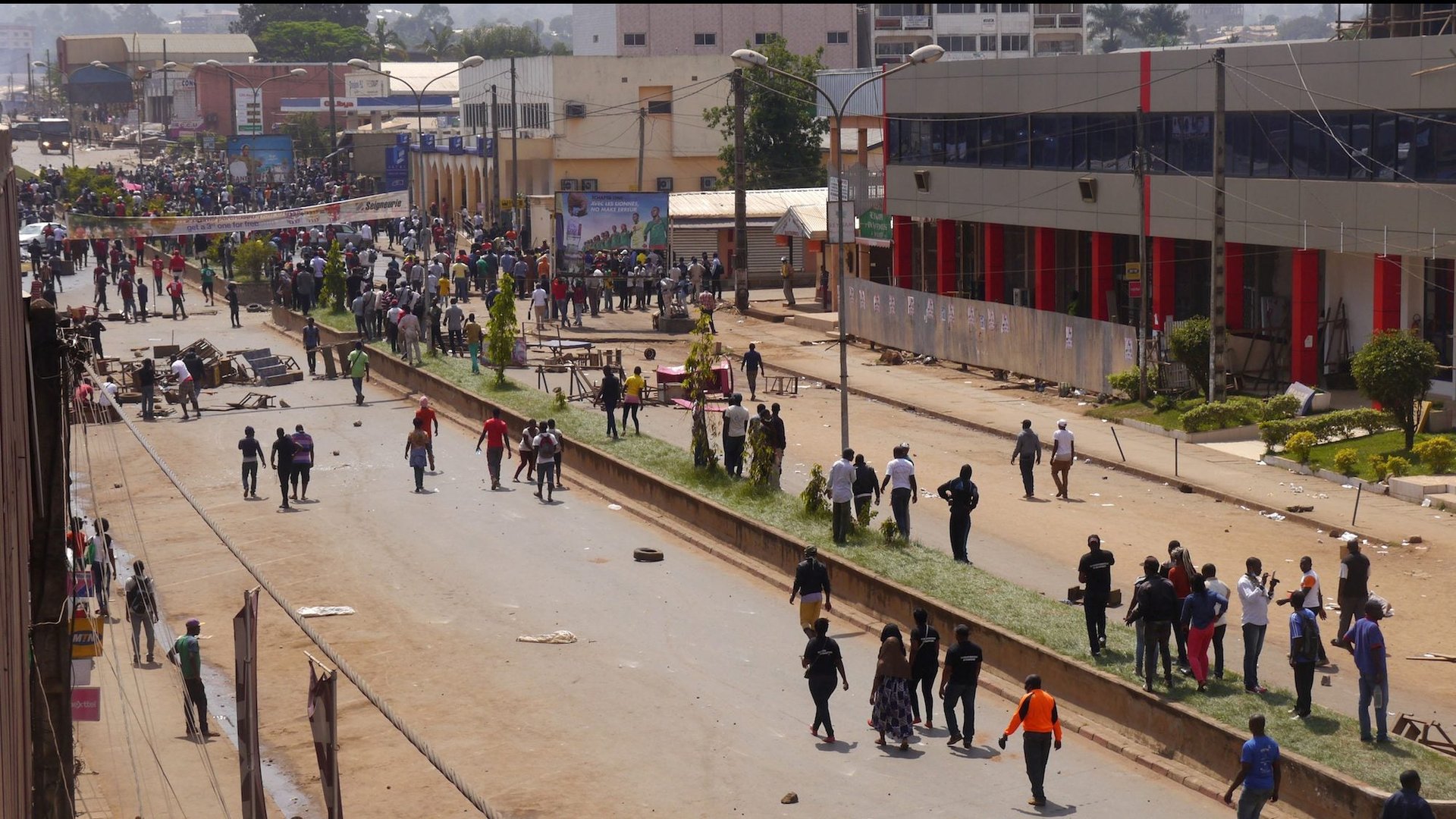There’s a way to stop African governments shutting off the internet for their citizens
It’s easy to want to over-celebrate Cameroon’s Anglophone regions finally getting their internet back on after a 93-day shutdown by the government. Yes, we should be delighted and acknowledge the relentless #BringBackOurInternet campaign. But, in truth, the work to prevent shutdowns like this happening again should now be our focus.


It’s easy to want to over-celebrate Cameroon’s Anglophone regions finally getting their internet back on after a 93-day shutdown by the government. Yes, we should be delighted and acknowledge the relentless #BringBackOurInternet campaign. But, in truth, the work to prevent shutdowns like this happening again should now be our focus.
African governments are not alone in using internet shutdowns as a means of controlling or preventing protests, but they are among the most egregious offenders. There were internet shutdowns in 11 countries last year, and while Cameroon has been the standout offender in 2017 so far, activists can not rest easy.
Many of the 2016 shutdowns were related to elections and in 2017, the major elections are happening in the second half of the year, with elections in Rwanda, Kenya, Angola, Liberia and possibly DR Congo.
There have already been mutterings from Kenyan government officials about election security threats and possible violence and there’s a real possibility Kenya, Africa’s leading technology hub, might consider a shutdown.
Ultimately, more has to be done to make it difficult for governments to even consider shutting down the internet as an option. One pan-African policy suggestion has been that after the end of a shutdown, governments should not be allocated an IP address for one year. Such a ban would also affect any transfer of addresses to government-owned entities in those 12 months, according to the proposals made to Afrinic, an agency that manages and allocates the registration of internet IP addresses.
The proposals also suggest that if an African government performs three or more shutdowns in a period of 10 years, all services provided to them be revoked, with no allocations offered for a period of five years.
We can debate the effectiveness of such proposals when you’re dealing with governments or leaders willing to hold on to political power at the expense of their country’s economic interests and progress. But that’s why we should see these as part of a wider concerted effort to change the attitude that the internet is a luxury or optional for ordinary citizens.
In the long term, telcos and technology companies know these shutdowns are bad for their businesses as well as society and will need to take a more aggressive position and stand up to governments.